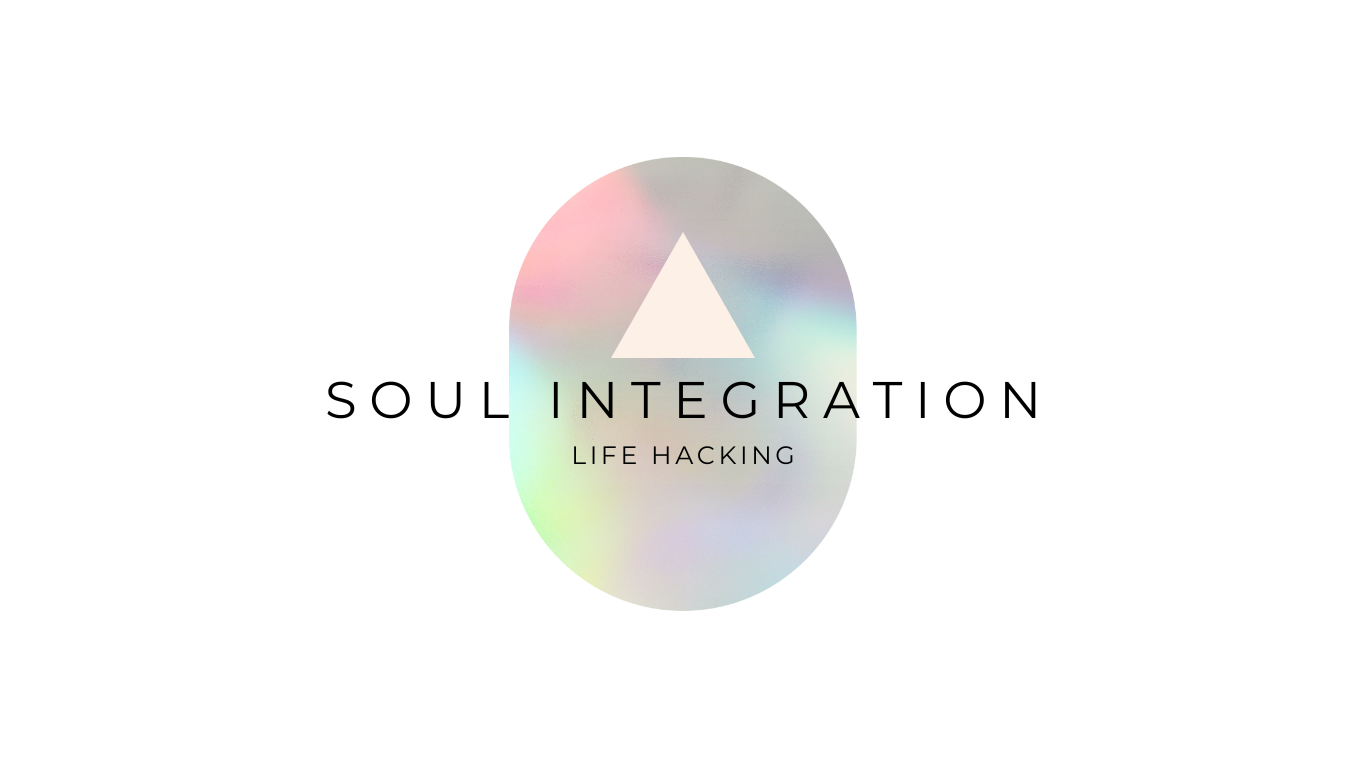Healing from Betrayal
If you’re reading this, you’ve likely been hurt in a way that feels deeply personal. Being hurt by someone you love or trust—a partner, friend or family member—has a unique sting. It doesn’t just bruise your heart, it can shake your sense of safety, trust and sometimes your identity.
Let Yourself Feel
Whether you felt betrayed by a friend who vanished when you needed them the most, you learned you were the only one excluded from a close friend’s gathering, you realized someone you cherish deeply valued your connections over your relationship or your kindness was exploited for personal gain—these wounds leave a mark. Acknowledging and honoring the emotions that arise is the first step toward healing.
You might feel waves of anger one moment and deep sadness the next. Perhaps you might blame yourself for trusting the way that you did or feel foolish for letting certain people into your life to begin with. Whatever feelings arise, let yourself feel them and find a safe space to express your emotions—journaling, speaking with someone trustworthy, screaming into a pillow or just crying it out. If you feel isolated, know that you are not alone in that feeling and you are not wrong for wanting understanding and care.
Reflect on How Much You Gave
The pain of betrayal often stems from the effort, care and love you poured into the relationship. Perhaps you were their constant supporter, always standing up for them. Maybe you helped them financially during tough times or offered a compassionate ear whenever they needed it. When someone disregards the care you gave by treating you in a certain way, it can feel like a gut punch.
If they failed to value what you gave or took it for granted, that doesn’t diminish the gift you provided or make you stupid for having done so. While it’s possible they simply lacked awareness or the ability to reciprocate, their actions don’t define you. Recognize that you showed up because of who you are and that is a strength to carry forward.
The Power of Letting Go
Letting go doesn’t mean excusing what happened. It means freeing yourself from the weight of anger and resentment, allowing more space for peace. Here are a few steps to start:
• Release the need for an apology that may never come.
• Accept that you can’t change the past.
• Redirect your energy to what you can control—your healing, growth and choices.
Letting go isn’t about accepting what they did. It’s about reclaiming your emotional freedom. Forgiveness, when it feels right, can be an act of self-liberation. You can forgive someone without giving them a place in your life again.
For a no-nonsense take on this concept, listen to this podcast: Mel Robbins’ Let Them Theory. It offers a fresh perspective on accepting others as they are and focusing on your own freedom.
Recognize Patterns
Reflect on whether this type of betrayal is part of a recurring dynamic in your life. Are there patterns such as overgiving or trusting too quickly? Understanding these patterns isn’t about blaming yourself; it’s about recognizing opportunities for growth.
• Was I seeking validation or avoiding loneliness?
• Did I ignore red flags?
• Was I caught in a cycle of rescuing others?
Write these observations down. This process can help you heal underlying patterns and break free from dynamics that no longer serve you.
For example, you may recognize a tendency to overextend yourself emotionally, giving more than you receive. Or you might see how charm and flattery have led you to overlook red flags in potential partners. These insights empower you to protect your peace moving forward.
Protect Your Peace
Boundaries can feel hard to set, especially when they involve people you care about, but protecting your peace is necessary and ultimately empowering.
• What boundaries do I need to set to feel more balanced?
• Am I holding on to resentments or grudges that I need to let go of?
• Do I feel respected and supported by the people I spend the most time with?
• Are there relationships that no longer align with my values or well-being?
• What brings me joy and am I making enough time for it?
If others get defensive about your boundaries, it says a lot about them. Genuine people who care how you feel will take responsibility for their actions and make an effort to make things right. Some may ignore you altogether, letting their pride keep them silent, while manipulators may deflect or try to draw you back into unhealthy patterns. If people drift away, let them (I know, it’s not easy). You owe no one an explanation for protecting your well-being. The urge to make others love or accept you highlights the inner work and healing you need to do for yourself.
Final Thoughts
You have the strength to demand better from those in your life and most importantly to honor yourself in whatever way feels right for you. If they are no longer in alignment with you, let that show you who you are. Their behavior or choices are in fact a gift, allowing you to realize your own precious qualities, whether that’s having integrity, an open-heart or deep sense of compassion. It can also show you how you have grown and evolved to be the person you are today and the incident acted as nudge, however harsh to encourage you to find more like-minded people who are better aligned with you.

